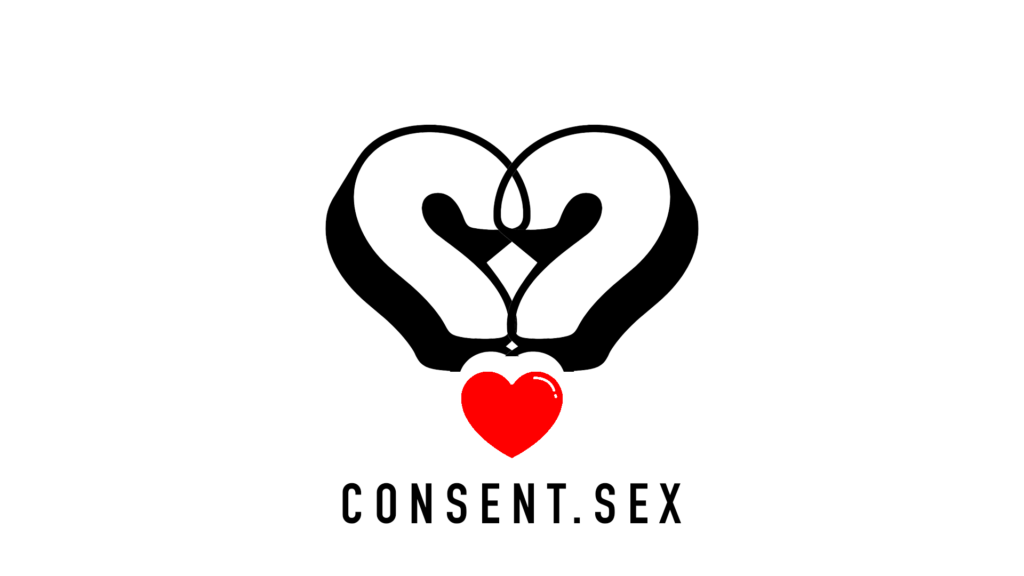Consent is fundamentally important because it acknowledges and respects the autonomy, dignity, and rights of every individual. In different contexts, the importance of consent varies, but it consistently serves as a safeguard for ethical and legal interactions:

1. Personal Autonomy
Consent affirms that individuals have control over their own bodies, choices, and actions. It recognizes that everyone should have the freedom to decide what happens to them without coercion or undue pressure.
https://en.wikipedia.org/wiki/Sexual_consent
2. Legal Protection
In legal contexts, consent is crucial for protecting individuals and ensuring fair treatment. It helps to distinguish between voluntary actions and those that are forced or exploitative. For example, in healthcare, informed consent is required before any procedure can take place, ensuring patients are aware of risks and benefits.
3. Ethical Business Practices
In business, obtaining consent, whether for data usage, contracts, or decision-making, builds trust and transparency. It ensures that clients or partners are aware of terms and conditions, preventing misunderstandings and legal disputes.
4. Mutual Respect and Healthy Relationships
In interpersonal relationships, consent fosters mutual respect and open communication. It allows for boundaries to be set and honored, which is essential for healthy and positive interactions, particularly in intimate situations.
5. Data Privacy
With increasing reliance on digital technologies, consent has become a cornerstone of data protection. Users must give explicit consent for their personal data to be collected, stored, or shared, ensuring their privacy rights are respected.
In summary, consent is about power balance, choice, and mutual respect. It underpins ethical behavior across all areas of life, from personal relationships to business and legal matters, safeguarding individuals and promoting trust.
